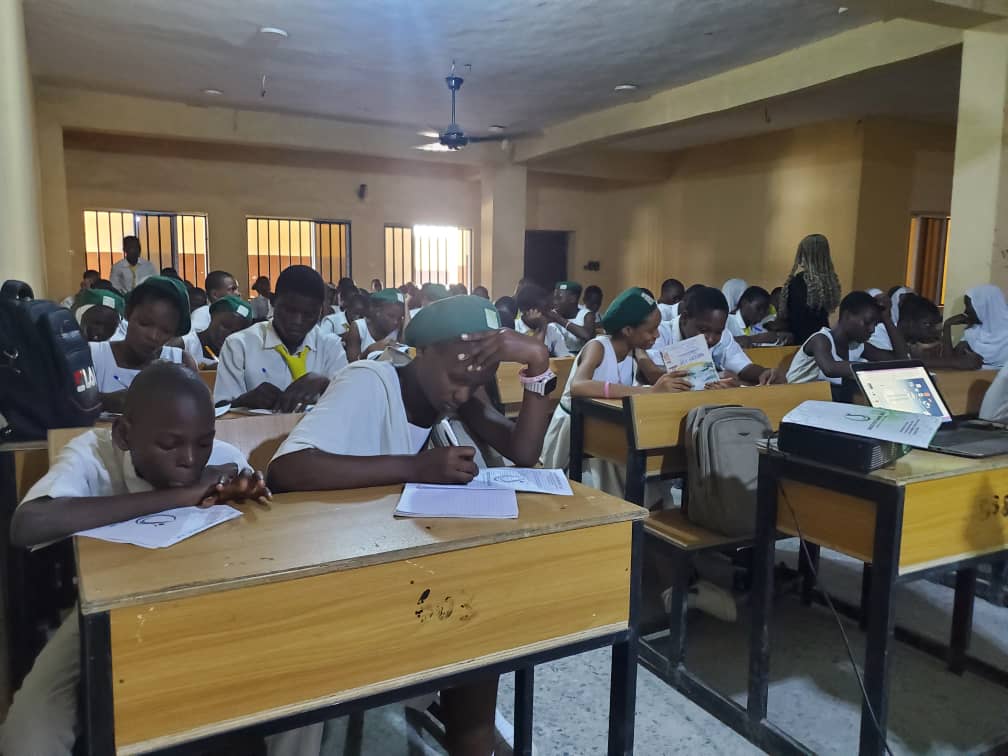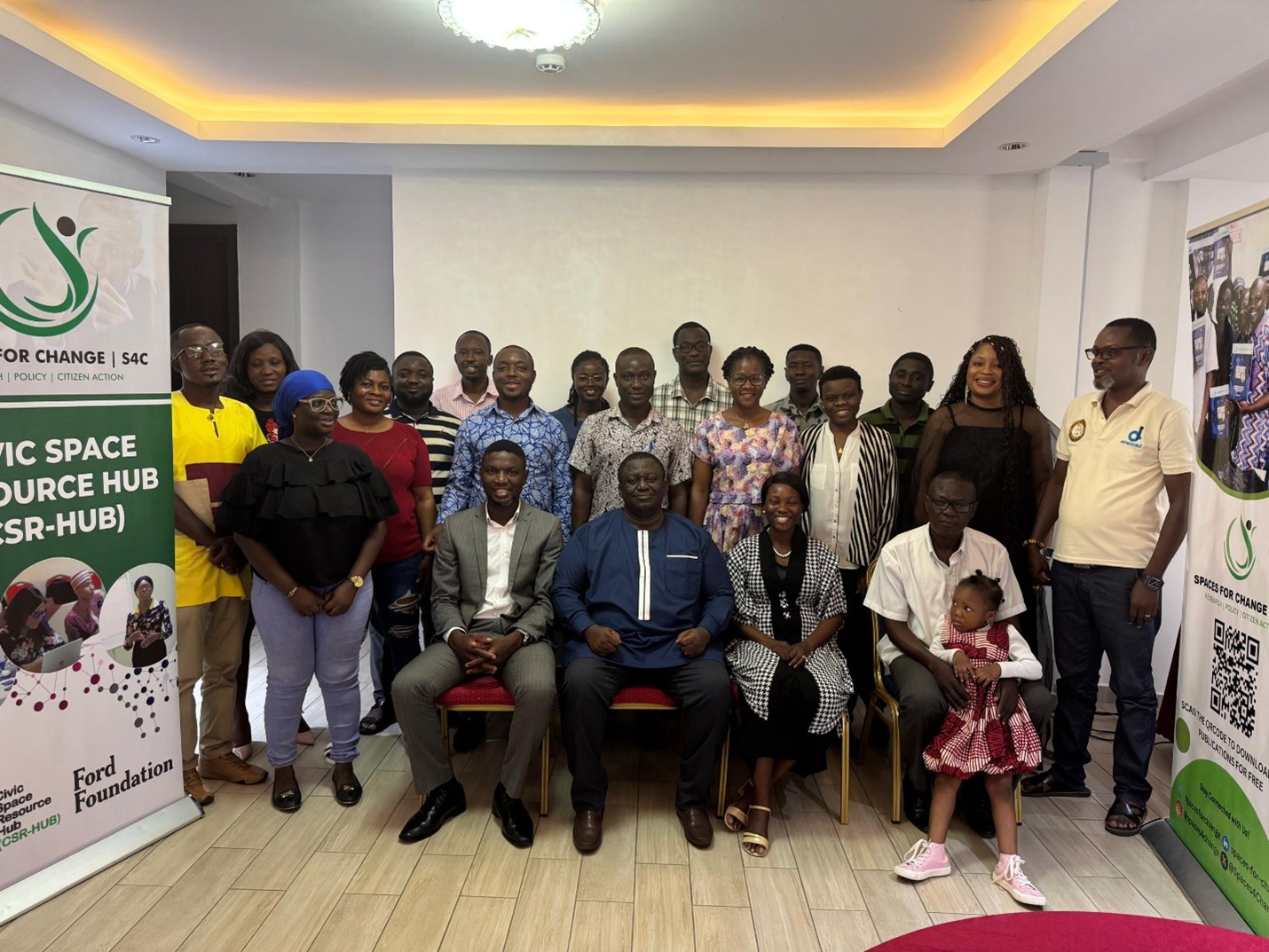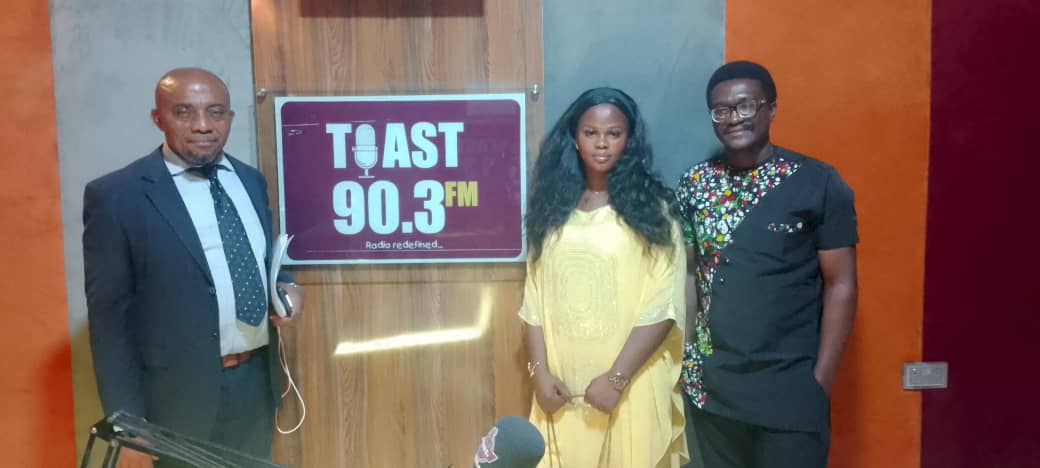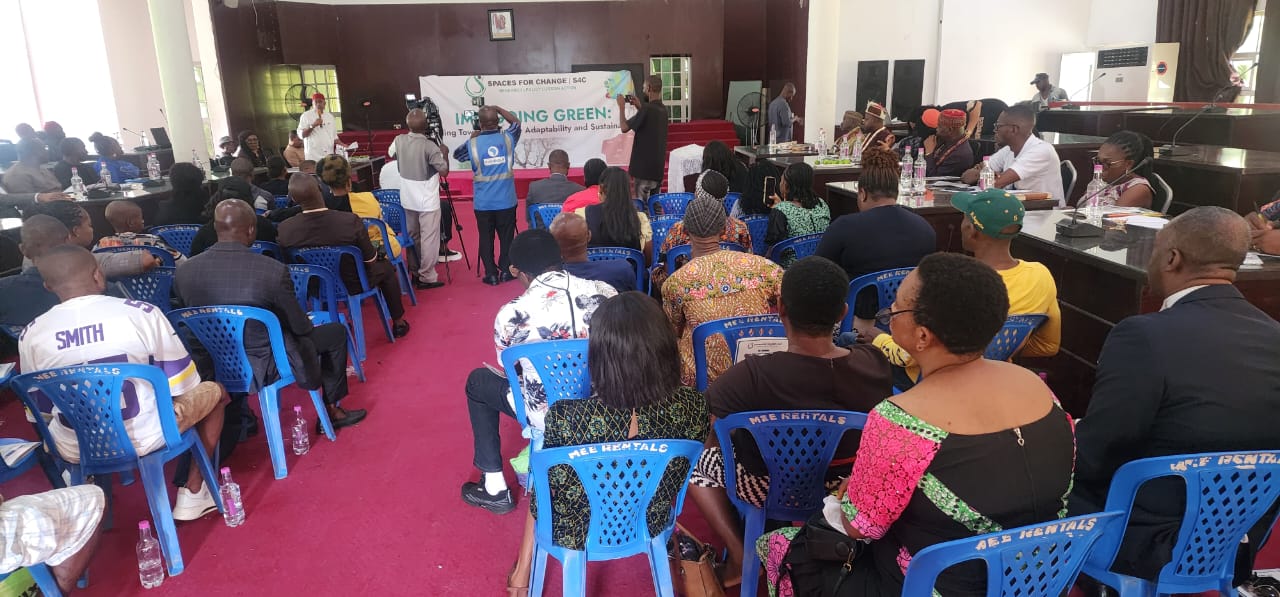
Spaces for Change | S4C organized a digital literacy program for secondary school students in Lagos State, aimed at safeguarding the online safety of young people, especially young girls in Lagos State. Organized under the e-Rights Project—a collaborative campaign between S4C, Avocats Sans Frontieres (Lawyers without Borders, France), and the Centre for Information Technology and Development (CITAD), with support from the European Union Commission, the program ran from May 7th to June 7th, 2024, targeting over three hundred (300) senior students from six secondary schools in Lagos State, namely: Babs Fafunwa Millennium Senior Grammar School, Ojodu-Berger; Aje Senior Comprehensive High School, Sabo Yaba; Falomo Senior High School, Ikoyi; Lagos City Senior College, Yaba; Babs Fafunwa Millenium Senior Secondary School, Ojodu-Berger; and Oke-Ira Senior Grammar School, Ogba.
The awareness programs began with an interactive course on “Online Harms and Responses” increasing their understanding of online harms which surged after the COVID-19 pandemic and paved the way for increased internet use. Online harms include cyberbullying, hate speech, scams, disinformation, and other violent threats similar to real-world risks. Students learned about different types of online risks and harmful content, including those leading to inappropriate contact with strangers. They also discovered patterns and tactics used by online predators, who often target vulnerable groups like teenagers and under-aged girls.
The course provided practical tips for staying safe online, like setting privacy settings and avoiding suspicious websites. Students were introduced to digital citizenship, which means respecting others online and avoiding illegal activities. They also learned about online sexual harassment and its psychological effects. Tips were given on how to respond to harassment, like blocking the abuser and informing an adult or authority. Students used this opportunity to talk about their personal experiences. Some disclosed how they became victims of blackmail, privacy violations, cyberbullying, subject of misinformation, and online sexual abuse. They received guidance on how to report these incidents, in line with global best practices on internet safety and cyber security.
In addition to the students, the attending teachers expressed their appreciation for implementing the program in their respective schools. They acknowledged the program’s potential impact on student behaviour and internet usage. Several schools inquired about the feasibility of replicating the program later or for a different audience. These requests highlight the positive impact of the program on both students and staff.
S4C’s digital literacy campaigns aim to raise awareness of digital rights and freedoms while equipping students with a comprehensive understanding of the risks associated with internet use in a digital age. By recommending good practices and fostering responsible digital citizenship, the program is deepening young people’s understanding of online harms and effective responses to counter them.



